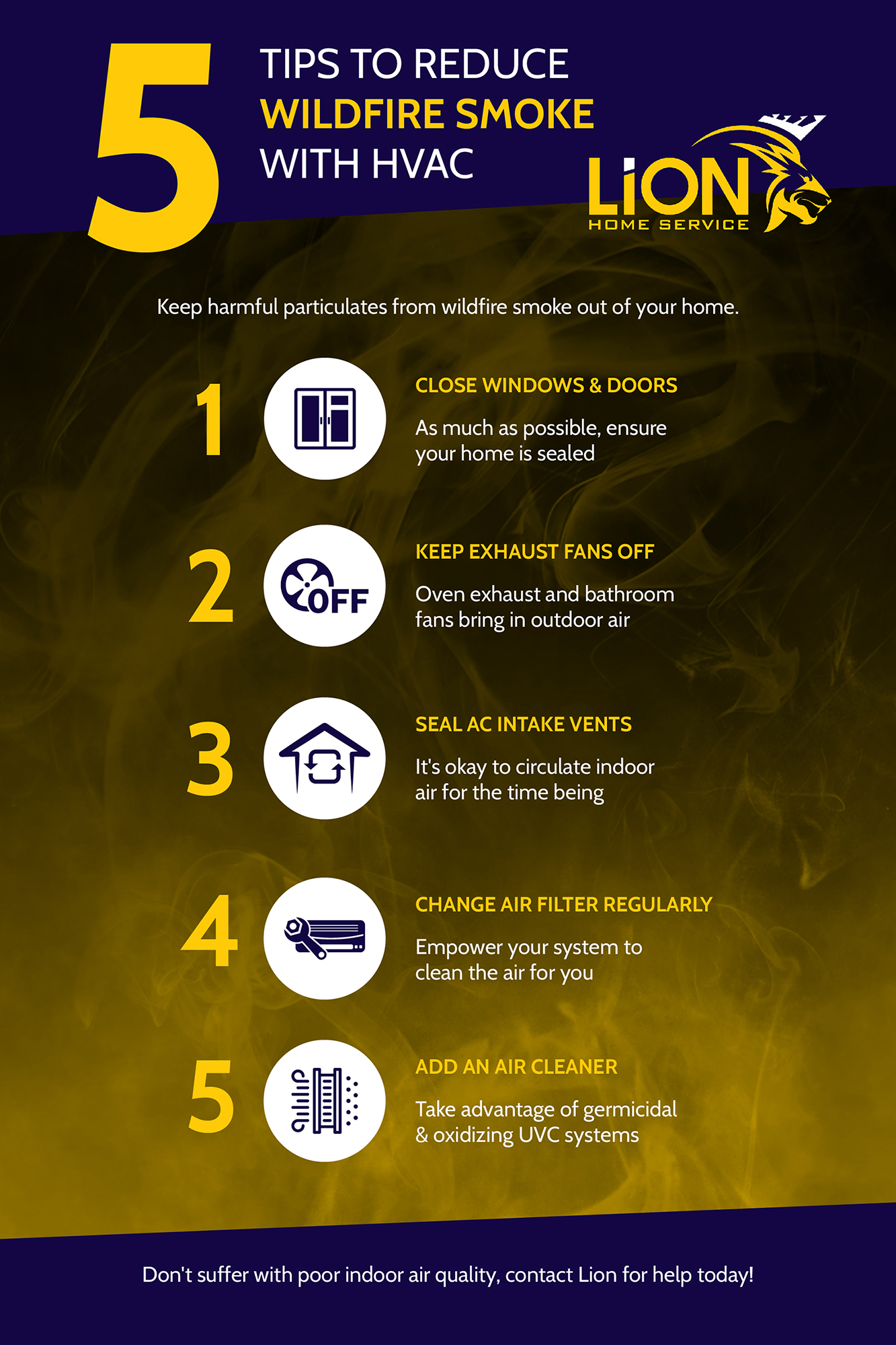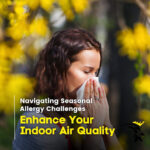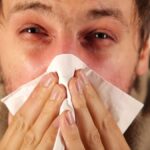This year has brought unprecedented wildfires to the Western United States, and Colorado has been no exception. The fires here have created a blanket of smoke and ash over our Northern Colorado communities and many of our neighbors are concerned about what this means for their indoor air quality. Today, we’ll share some ways your HVAC system can help stave off the harmful effects of the outside air when wildfire smoke causes a sharp increase in pollutants.
1 – Close Windows & Doors
While it may seem obvious, keeping your home’s windows and doors sealed as often as possible is the best way to keep the harmful air from circulating in your home. While this likely isn’t always possible for your household, ensuring that nobody in the family is sleeping with the window cracked or frequently coming and going, for instance, can go a long way toward ensuring the entire home is exposed to as little outdoor air as possible and allows the HVAC to cycle cleaner air throughout the home.
Another thing to consider is sealing any known cracks or gaps in your home’s windows or doors with a damp towel. In ordinary times, we’d recommend upgrading your windows or doors to new energy-efficient models, but letting the smoke in during the replacement process would likely cause more short-term harm than good when compared to waiting until after fire season.
2 – Keep Exhaust Fans Off
One aspect folks rarely consider connecting their home to the outdoors is the exhaust fans often found in kitchens or bathrooms, as well as whole-house fans. Any system that requires pulling indoor air out will eventually need to balance out with outdoor air coming in. So, by running the bathroom or above-the-oven exhaust fans, you’re inadvertently inviting in outdoor air.
In general, one of the best defenses your home has against harmful air pollutants outside, such as allergens, pollution, or even wildfire smoke is to keep air sealed inside. If your family can go without using the gas range stovetop or taking lengthy showers through the worst days of the fires, you’ll be thankful for the higher air quality that keeping the exhaust fans off will afford.
3 – Seal AC Intake Vents
In a similar vein, your home’s forced-air HVAC system would typically utilize air intake vents to bring fresh air from the outdoors into your home while your air conditioner is running. During days with particularly bad wildfire smoke, these vents can work to bring in pollutants and cause more harm than good in addition to overworking your system.
If you’re unsure about where to find your system’s air intake vents or whether or not you should disable them, get in touch with the team at Lion Home Service for advice or a service appointment.
On a related note, there is typically no way to disable air intake on an air conditioner window unit, so our team does not recommend the normal use of window units during poor outdoor conditions.
4 – Change the Air Filter (More) Frequently
If you’ve read our other posts, you’ll likely understand that we often recommend checking and changing air filters on your home’s HVAC. During a fire, we strongly suggest that Northern Colorado residents check and change air filters far more frequently than normal. Since many of the harmful air particles in wildfire smoke are very fine, a worn-out air filter could only show minor discoloration compared to the norm.
If you notice anything other than a great-looking air filter in your furnace, check to ensure that your home is sealed as much as possible and prepare to regularly change your air filter. Even if your filter does look pretty good, it wouldn’t hurt to change it once or twice more than normal during long bouts of wildfire smoke in our area. A dirty or clogged air filter will cause your system to overwork and could allow particles to cycle through the system repeatedly, which pumps that air into your home.
5 – Incorporate an Upgraded Filter
If you’d like to know for sure that your home’s air is as purified as possible, we recommend a germicidal and oxidizing UVC air filtration system. This add-on to your furnace will work round-the-clock to filter out particles floating in the air within your home. During a wildfire, this added protection will make a noticeable difference in your home’s indoor air quality.
These systems work to remove common air particles, such as particles, allergens, germs, airborne diseases, chemical gases, odors, pet dander, smoke, and more. So, you can rest assured in knowing that your air filtration will provide lasting value even when the outdoor air is back to normal.
Check out our indoor air quality products and services and be sure to let us know if you have any questions on the best system for your home or would like a consultation appointment with one of our Northern Colorado HVAC service experts.










